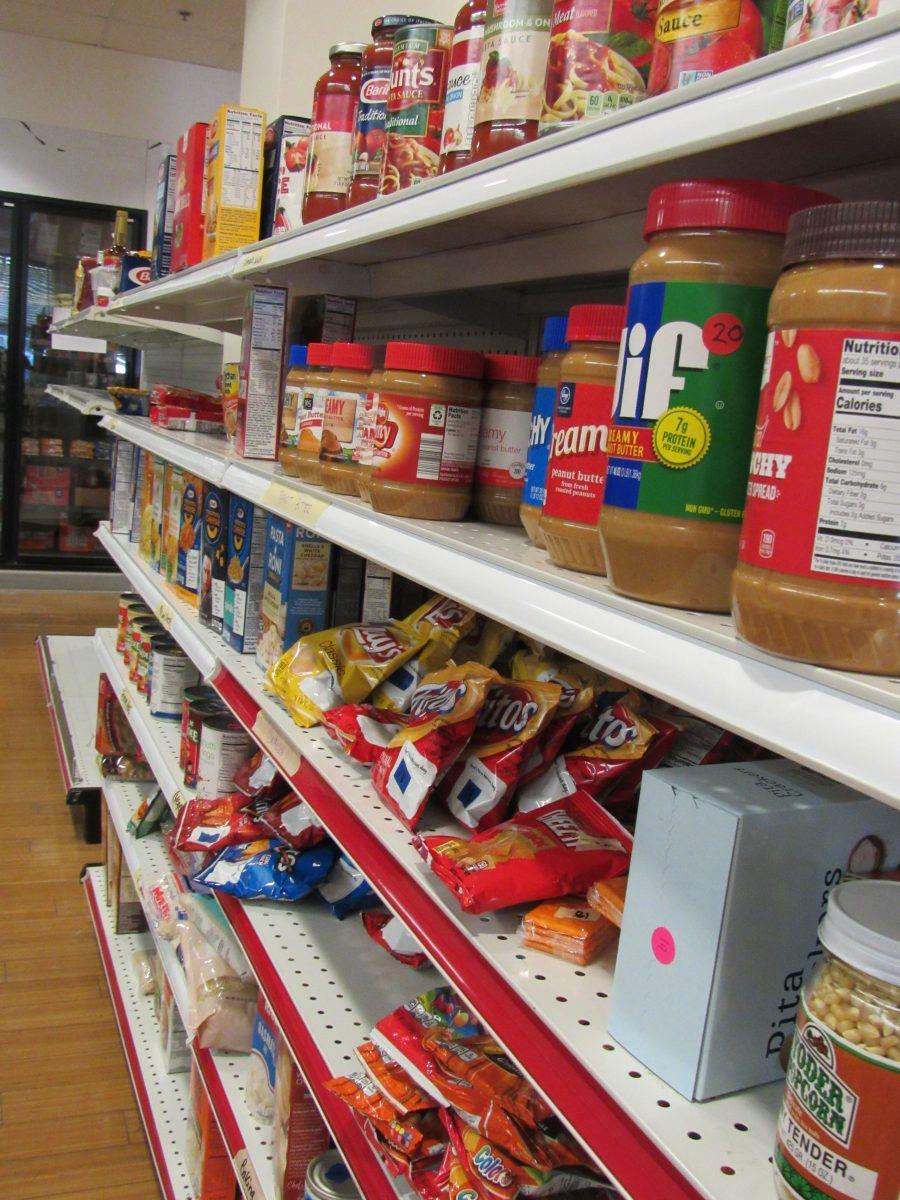Started in 2016, the Campus Hunger Project fundraises for and educates students about food insecurity on college campuses.
The Campus Hunger Project is led by the cohort of 11 students on 10 college campuses nationwide. Paige Swanson, a second-year studying science, technology and society and nutrition science, is one such cohort member.
The Campus Hunger Project was created by Challah for Hunger, an international organization that bakes and sells challah bread, according to Swanson.
“The Campus Hunger Project was started by Challah for Hunger, and it is a group raising awareness for food insecurity on college campuses,” Swanson said. “Challah for Hunger has chapters on college campuses that are student organizations, where they meet once a month to bake challah and sell it on campus. At bakes, they educate people on issues specific to their campus, and we expanded on that to create this project.”
Swanson said that there is a gap between what is needed versus what is provided.
“A lot of people don’t often understand that there is a gap between the financial aid that students get and their actual need,” Swanson said. “Fourteen percent of NC State students reported that they had low or very low food security, which means that over 4,000 students here don’t know when they are going to get their next meal.”
The 2018 Food and Housing Security report describes NC State’s findings in this area in more detail.
While Swanson said that campus resources can help with food insecurity, the problem is inherent to the UNC System and its welfare policies.
“The Board of Governors, who are in charge of the rules for the UNC school system, have a rule against giving welfare to students,” Swanson said. “NC State is not allowed to give over a certain amount of money based on what their financial need says.”
As a result, Swanson said that students from financially well-off families wouldn’t get financial help if their families weren’t supporting them.
Francesca Lo Basso, development associate for Challah for Hunger, said that the Campus Hunger Project allows for students to address specific food security problems on their campus while utilizing the tools provided by the national Challah for Hunger nonprofit.
“Our mission is to equip students with what they need to go start their own local campaigns,” Lo Basso said. “Our students are really thinking about problems specific to their campus and how they could help students connect with resources that already exist, while also thinking nationally about what changes we need to make long-term to secure these [resources] for everyone.”
As a part of the Campus Hunger Project cohort, Swanson must complete a project here at NC State to combat food insecurity.
“I am trying to get an amendment passed with the Faculty Senate,” Swanson said. “I want to make a requirement where they have to put a food and housing insecurity clause on [syllabi], so that would have a statement saying that ‘If students need help, here is a link to Pack Essentials’ and stuff like that. If students see that, it will become more normalized, and students know that if they see that then that is a good resource for them.”
Food insecurity on college campuses is a widespread, yet often overlooked problem, Lo Basso said.
“This reality of students going hungry on campus and not having their basic needs met has been a growing problem for the last decade,” Lo Basso said. “We really wanted to find a way to combine the philanthropic work that we were doing and the leadership amongst our students with a focus on the needs of students.”
Resources for students facing food and/or housing insecurity can be found on the Pack Essentials website. For more information on Challah for Hunger, students can visit their Get Involved page.








